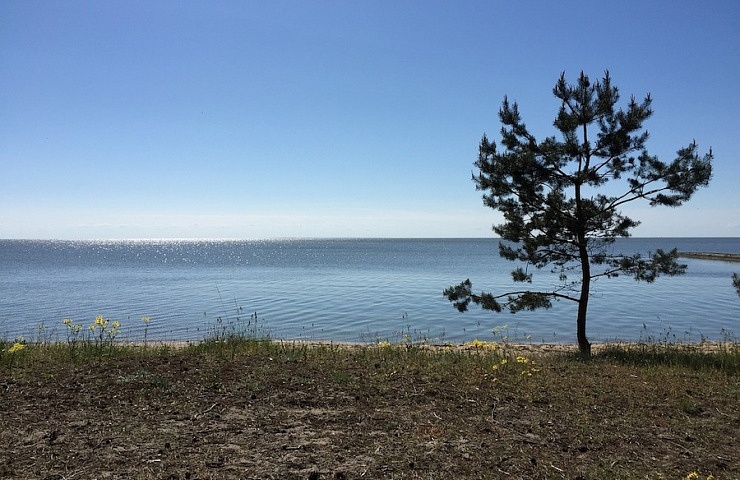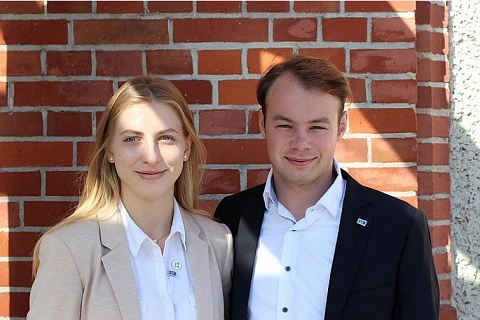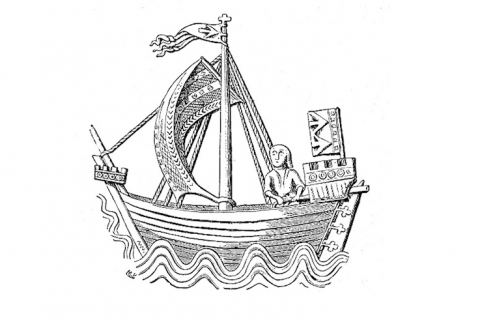By Andrius Kubilius
I am an optimist regarding the future of Baltic Sea Region. Why? Well, I’m trying to look from historical experience and in generally to have a helicopter view to all the things we have achieved. Our historical experience is quite simple. We are preparing for the celebrations of our 30-year-independence, which will happen in 2-year time and these years were very successful for Lithuania and for all Baltic states, which is something like a miracle. This is why when I’m looking towards the future I’m optimistic although there are challenges which we are facing now, even big challenges when you compare them to what was 30 year ago. However, I am convinced that we are ready to mitigate them.
Baltic Sea Region cooperation has always been important to Lithuania. Back in 1989 and the beginnings of 90s regional cooperation helped Lithuania achieve its independence, destroying at that time the Soviet Empire. Then, a regional cooperation appeared crucial, when the Nordic countries took the leadership in bringing Lithuania closer to the European Union and NATO. And from the other side, for us cooperation with Poland and Germany is historically important.
There are periods when the cooperation is increasing then it slows down. We had very intensive cooperation prior to our accession to the EU, then when we entered EU then the intensity of cooperation slowed down but I think that we are coming back to the understanding that we really have common interests.
Talking about Lithuania, without Baltic Sea Region cooperation we wouldn’t be able to reach many of our goals. Example, energy independence. What we did in gas sector was because of regional cooperation. Similarly was in electricity sector, where with the assistance of EU, we built electricity interconnections with Sweden and Poland. These are only few examples of regional cooperation effects, supported by the EU funds. The conclusion can be only one- we are becoming richer and richer thanks to the experiences from our regional cooperation.
When we are looking towards the future, beside economic challenges, which we need to resolve mainly domestically, we see big political challenges. In order to solve these challenges we need a strong regional cooperation, with Poland, Baltic states and Nordic states.
First of all, we need to face geopolitical challenge of Russia, second especially for the Baltic States we have a challenge with our economic growth numbers, which are slowing down, so we need to look how to make ourselves more productive and more competitive. Then, we have a challenge in our region related to the problem of how to keep Europe cohesive and reliable.
So there are a lot of new challenges where the cooperation within Baltic Sea Region is of crucial value.
A good platform of cooperation it is European Union Strategy for Baltic Sea Region (EUSBSR), its annual forums, its projects and initiatives.
But I am proposing that our cooperation should bring also new initiatives.
First of all, we need to advocate for a long-term strategy of Western community towards Russia with the goal to assist Russia in a long-time perspective, throughout maybe some decades to become a more European-type country. That should be our goal. There are some ideas and proposals which we can start to implement even now and that’s why the regional cooperation is much needed. Usually, EUSBSR was talking more about the environment and economy than geopolitical challenges, so I don’t know if EUSBSR would be the right instrument for taking a role of Western Community Strategy towards Russia but it can be a starting point for the discussion.
The first step is of course to take care about Eastern Partnership countries, like Ukraine, Georgia and Moldova. At some time maybe Belarus will join this group also. What we should remember is that strengthening the belt of successful countries around Russia is the most important step which Western community can take now, because investing in the success of these countries is the key to positively influence the transformation of Russia itself.
We need to understand that we as a region – Baltic Sea Region, have the biggest interest from all Western communities to see a positive transformation of Russia. Because without this positive transformation we always will feel this geopolitical threat that Russia can come to an aggressive behaviour and we will suffer about this. I am proposing: Let’s sit down and develop such a strategy, which would benefit our region, because for us security towards Russia is the most important, it would be beneficial for the whole Europe, it would be beneficial for Ukraine and other countries from Eastern Partnership and it will beneficial for Russia itself.
………………….

Andrius Kubilius
* Mr Andrius Kubilius, a Lithuanian politician who was Prime Minister of Lithuania from 1999 to 2000 and again from 2008 to 2012. The article written for Let’s Communicate! EUSBSR
………………….
**The EU Strategy for the Baltic Sea Region (EUSBSR), adopted in 2009, is the first Macro-regional Strategy in Europe. It is an agreement between the EU Member States and the European Commission aiming at strengthening cooperation between the countries bordering the Baltic Sea. The EUSBSR is divided into three objectives: save the sea, connect the region and increase prosperity. The key focus of the EUSBSR is on joint problem-solving and the many opportunities that regional cooperation provides.
……………….
“Let’s Communicate!” project, which functions as the Communication Point of the EUSBSR, launches a series of articles focused on EUSBSR priorities in order to promote the success stories and cooperation within the Strategy framework. The project is co-funded by the Interreg Baltic Sea Region Programme.

 Deutsch
Deutsch




Leave a Reply